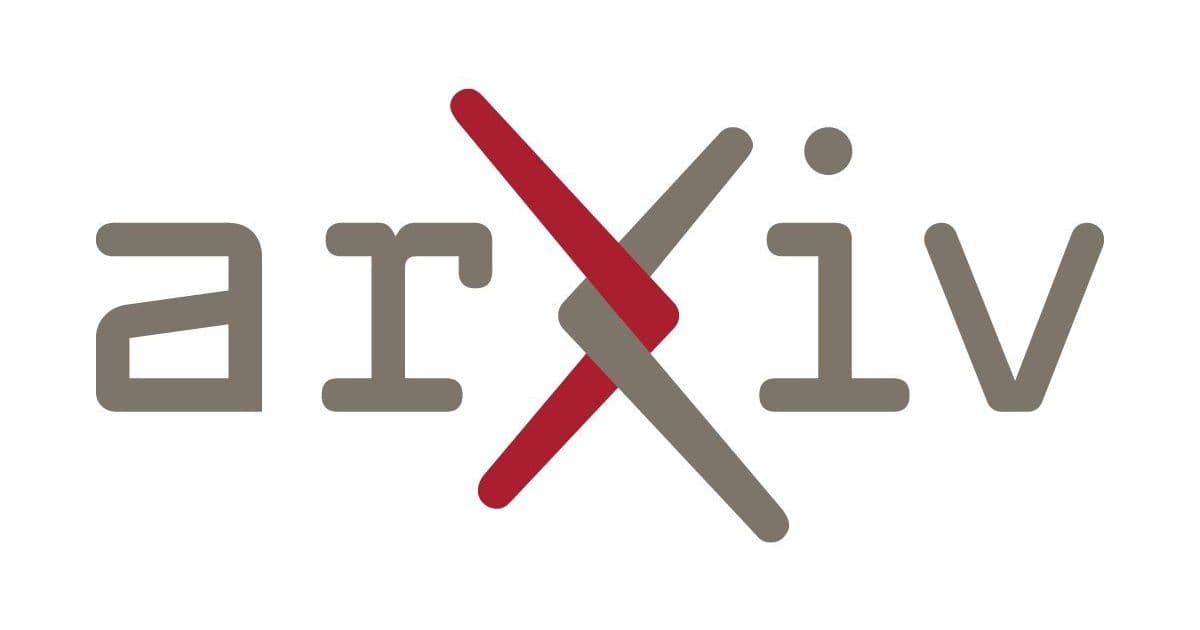New research analyzing 1.07 billion Ethereum transactions exposes critical limitations in blockchain sanctions, showing attackers still rely heavily on Tornado Cash despite a 71% drop in overall volume. The study proposes a novel tracking algorithm achieving 97% precision to address structural enforcement weaknesses in decentralized finance.

The Sanction Evasion Paradox: How Attackers Circumvent Blockchain Regulations
New academic research reveals significant gaps in blockchain sanction enforcement despite regulatory efforts to curb illicit cryptocurrency flows. A groundbreaking study published on arXiv analyzes 6.79 million Ethereum blocks and 1.07 billion transactions over 957 days, providing unprecedented empirical evidence of sanction evasion patterns.
Tornado Cash: The Unstoppable Mixer?
The researchers focused on U.S. Office of Foreign Assets Control (OFAC) sanctions targeting cryptocurrency mixer Tornado Cash. Their findings present a regulatory paradox:
"While OFAC sanctions reduced overall Tornado Cash deposit volume by 71.03% to approximately 2 billion USD, attackers still relied on Tornado Cash in 78.33% of Ethereum-related security incidents" - Liu et al.
This persistent usage highlights fundamental limitations in current enforcement approaches:
- Dusting vulnerability: Binary classification systems can be manipulated through micro-transactions
- Fragmented censorship: Inconsistent implementation by blockchain producers
- Obfuscation complexity: Sophisticated techniques exploit regulatory blind spots
The Algorithmic Solution
To address these gaps, researchers developed a novel tracking algorithm based on quantitative impurity scoring. Performance metrics demonstrate significant improvements:
Processing time: 0.07 ± 0.03 seconds per block
Precision: 97.61%
Recall: 74.08%
Tested against the Bybit exploit case, this approach offers more nuanced tracking than current binary systems while maintaining Ethereum-compatible processing speeds.
The Regulatory Road Ahead
These findings arrive amid escalating tensions between decentralized finance principles and regulatory frameworks. The research provides crucial evidence that:
- Current sanctions disproportionately impact legitimate users rather than determined attackers
- Effective regulation requires moving beyond address blacklists to behavioral analysis
- Technical solutions must address blockchain's inherent transparency-obfuscation duality
As regulatory scrutiny intensifies globally, this work offers both a sobering assessment of current limitations and a technical path forward for compliance systems that can navigate blockchain's unique challenges without compromising its foundational principles.
Source: Evasion Under Blockchain Sanctions by Liu et al. (arXiv:2507.11721)

Comments
Please log in or register to join the discussion